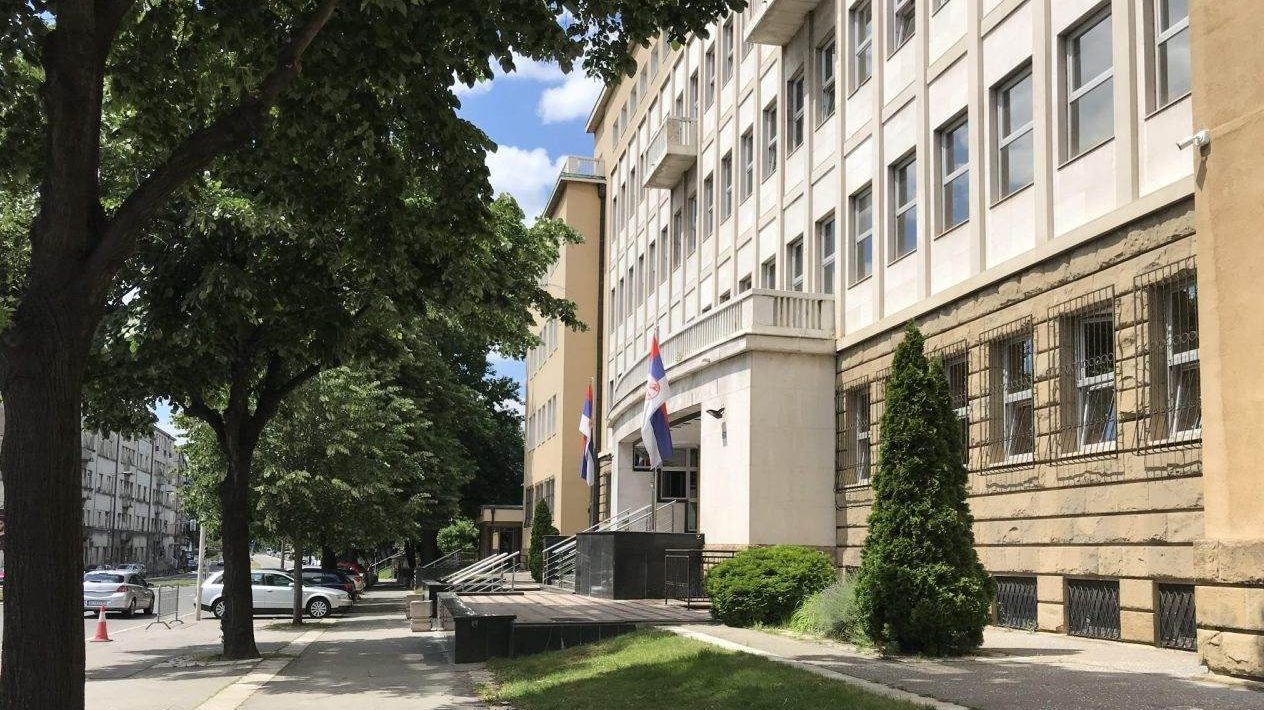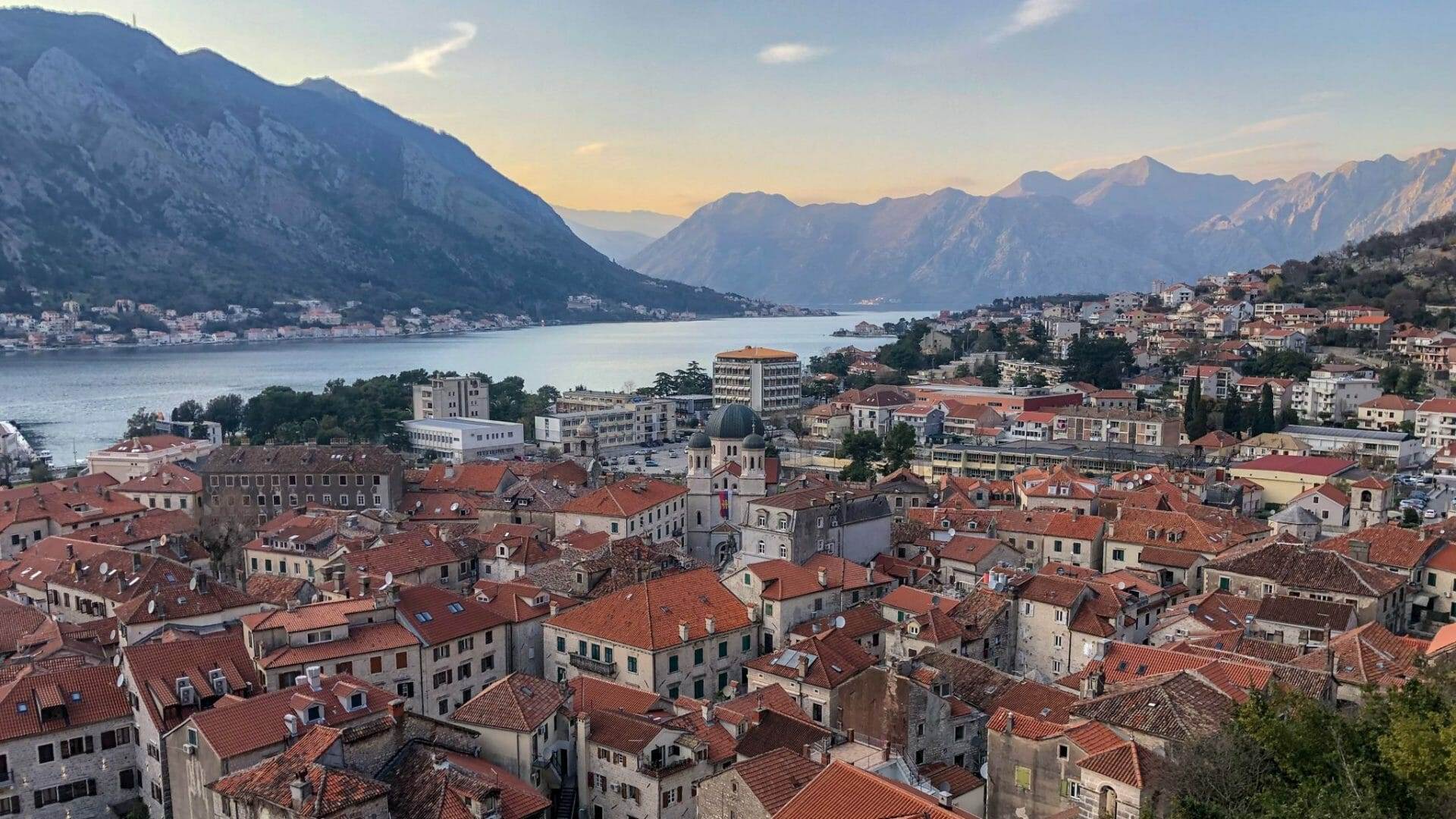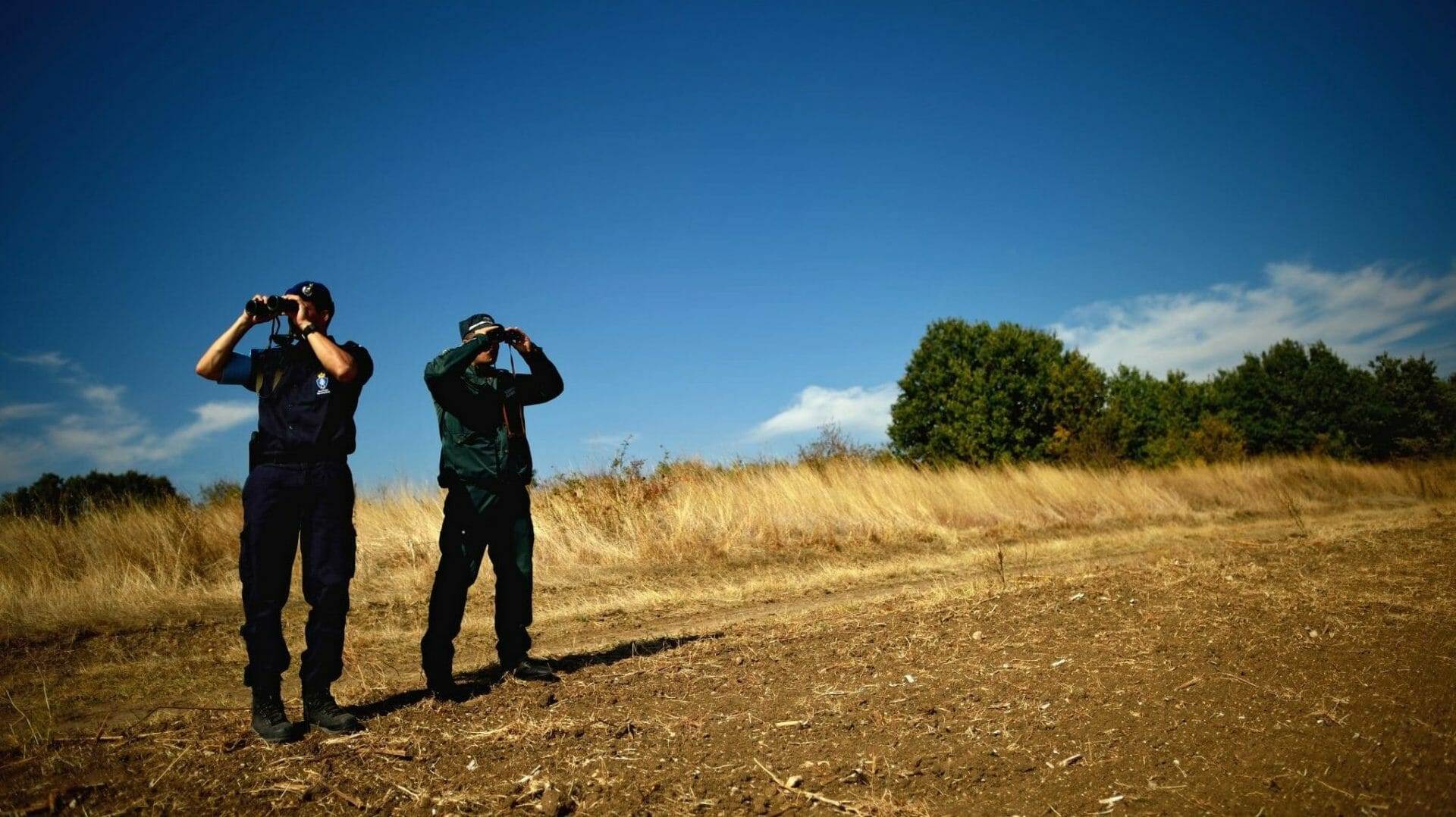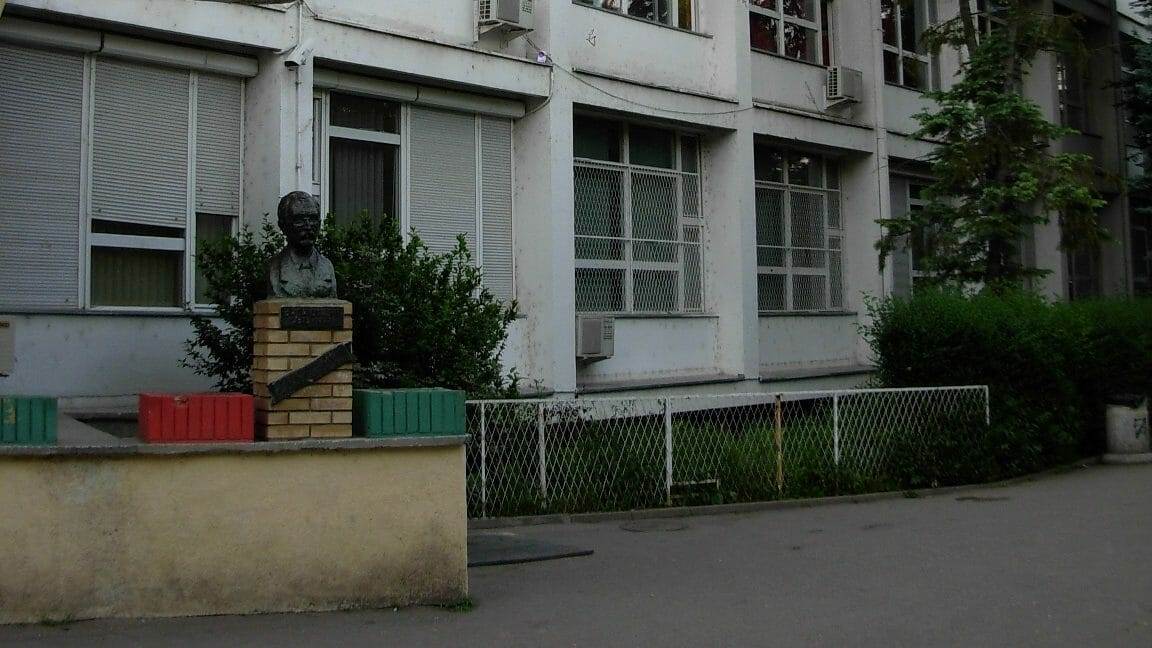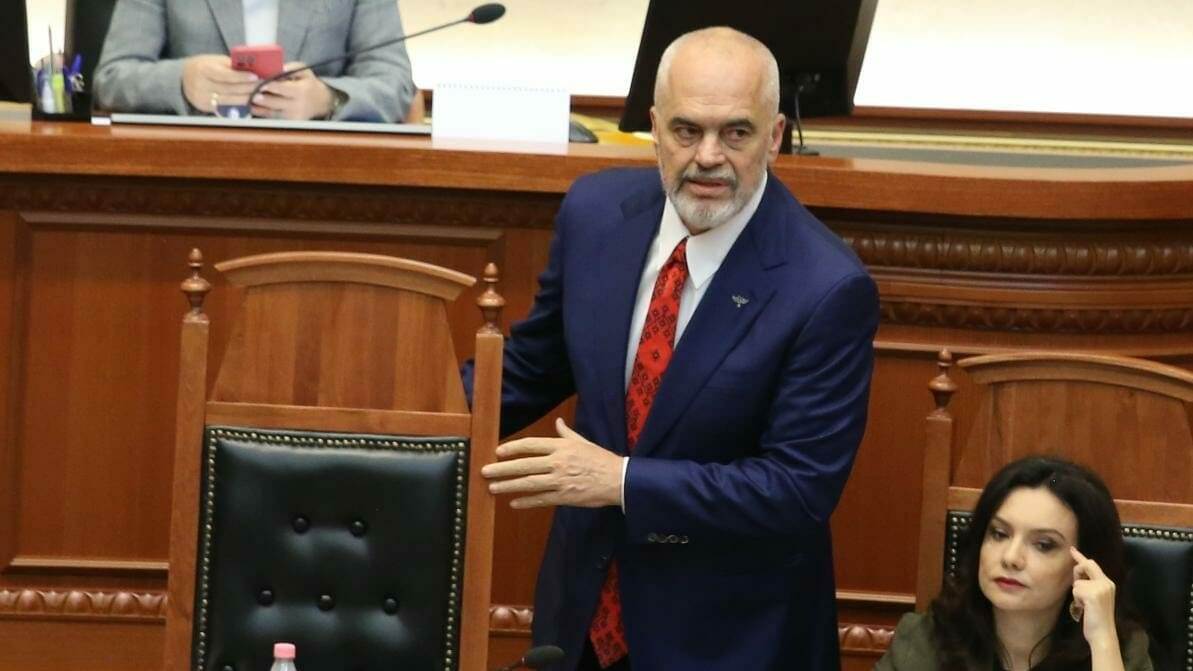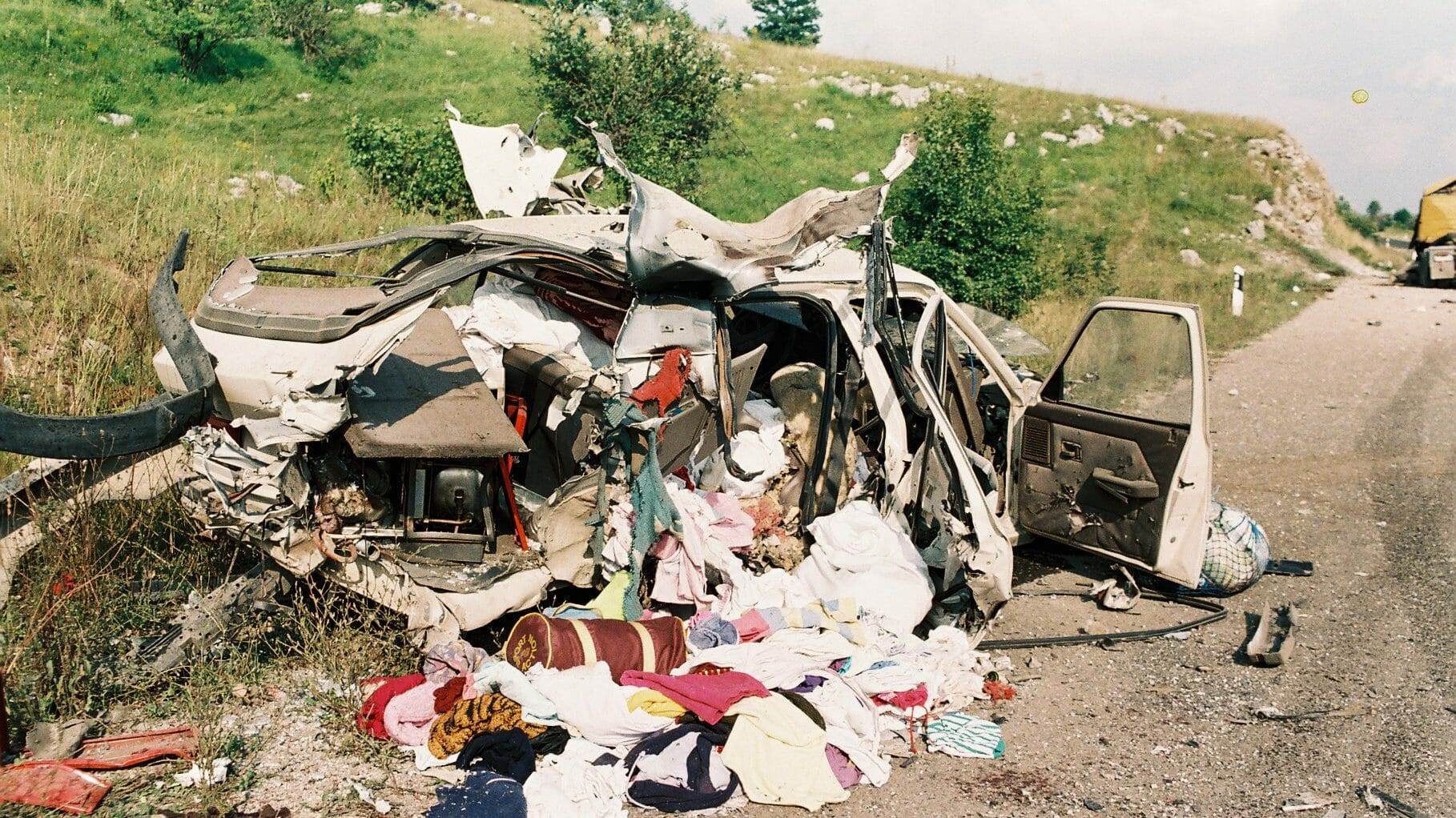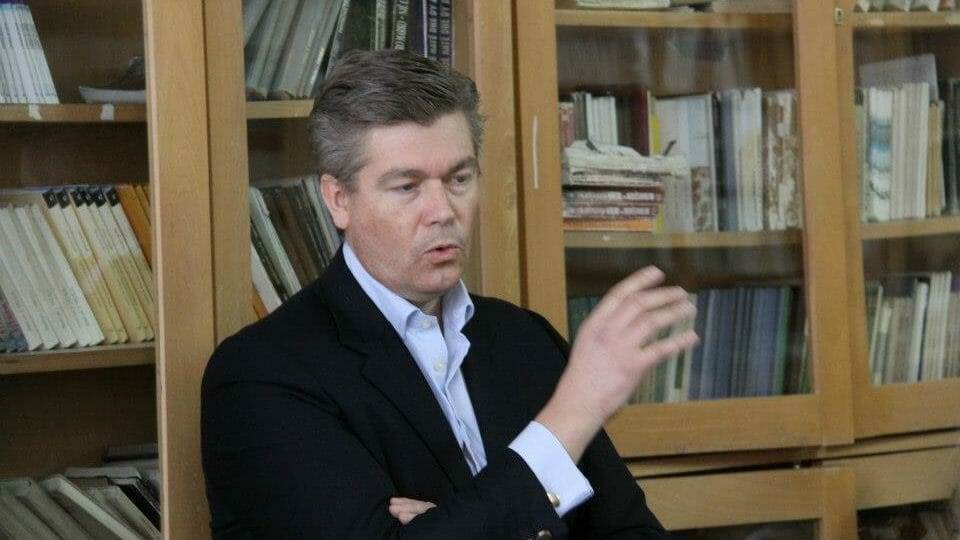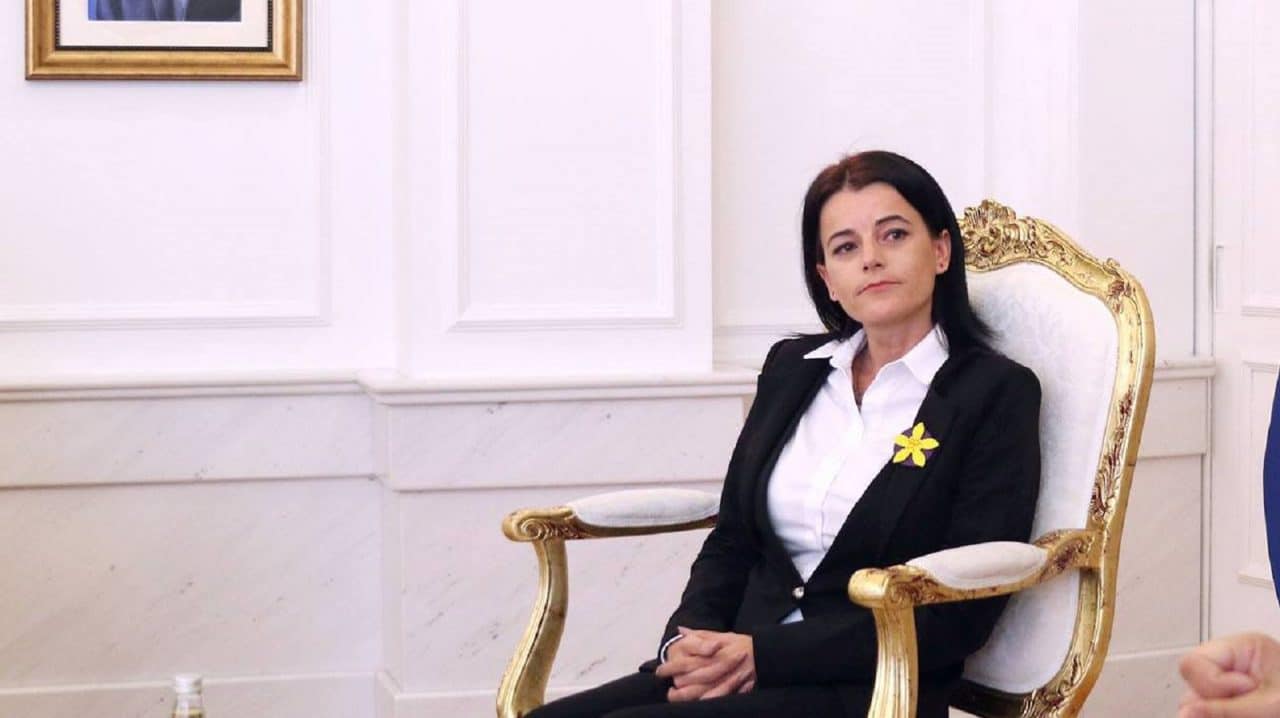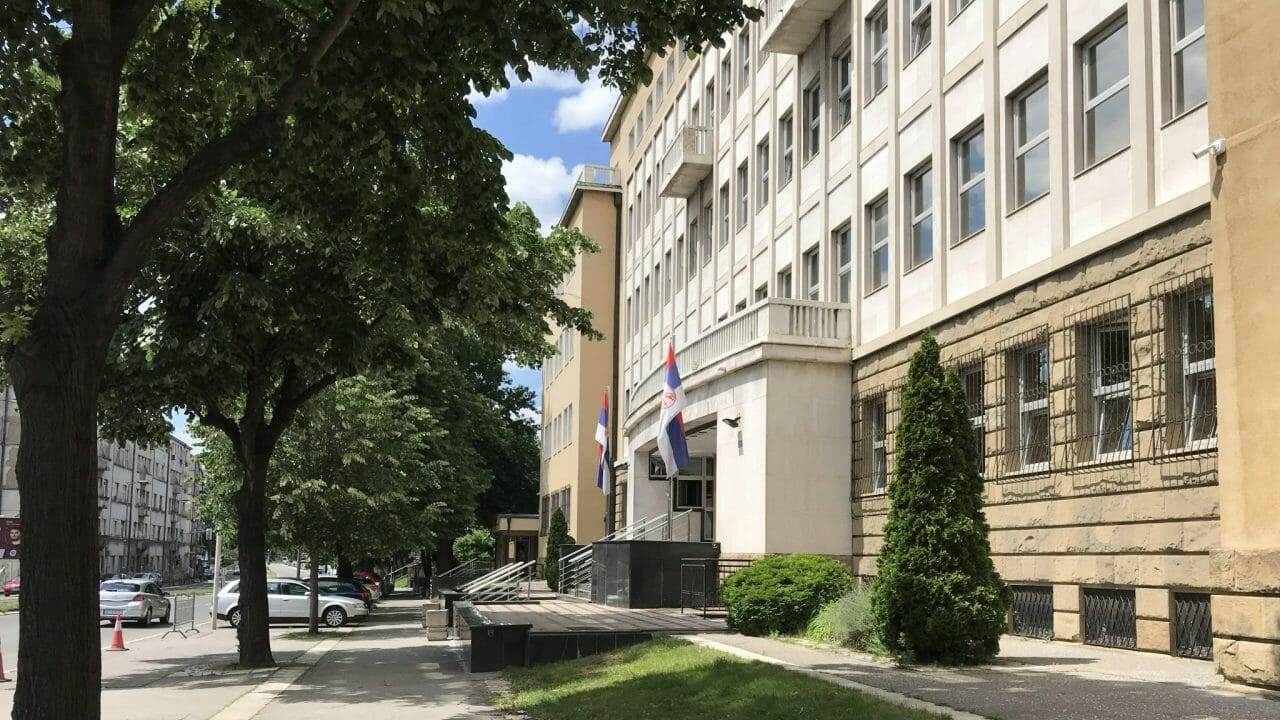With only eight hearings held since the beginning of 2020 – and none in 2022 – the trial of seven former Bosnian Serb special policeman accused of taking part in...
Central Bank on Thursday said Russians are once again the largest real estate buyers in the country – despite the Montenegrin government's support for Western sanctions on the Kremlin.
Frontex and the European Commission sidelined their own data protection watchdogs in pursuing a much-criticised expansion of “intrusive” data collection from migrants and refugees to feed into Europol’s vast criminal...
The Education Ministry said it will investigate after videos were published by media showing pupils dancing to a nationalist, anti-Bosnian Muslim song at a school end-of-year celebration in the Serbian...
After facing uproar for rejecting a proposed parliamentary vote to condemn the Srebrenica genocide, Albania’s governing Socialist Party has put forward its own resolution for MPs to approve.
Serbia plans to prosecute four Croatian officers in their absence for air attacks on a convoy of fleeing refugees in 1995 – but experts say that because Zagreb is not...
Allegations of judicial interference and political pressure convulsed the European Union’s rule-of-law mission in Kosovo as a British lawyer who became a powerful judge despite lacking the required legal credentials...
A US lawmaker proposed a resolution to Congress calling for the rapists who sexually assaulted Kosovo Albanian war survivor Vasfije Krasniqi Goodman to face justice and for Serbia to stop...
The start of the high-profile trial of Bosnian Serb Army Drina Corps commander Milenko Zivanovic, already the focus of controversy, was postponed after Bosnian prosecutors offered to transfer the case...

